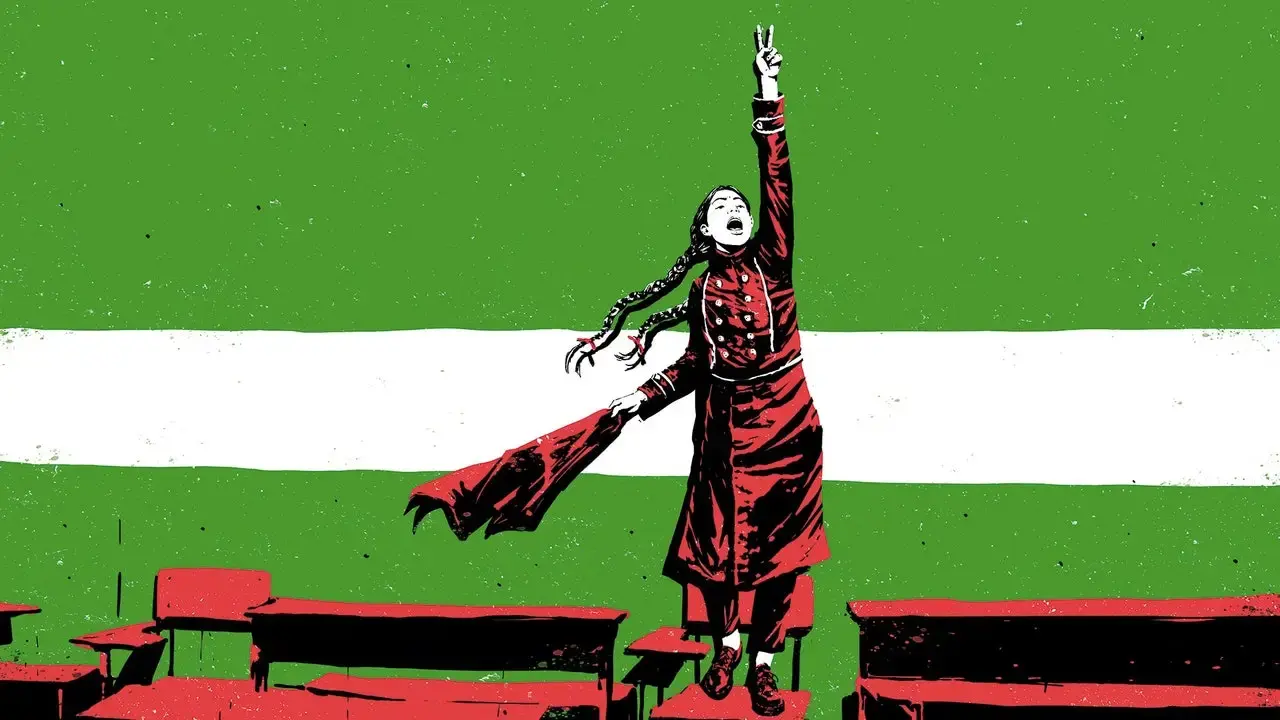Limited articles free each month. Also available via archive.
Excerpt:
On February 14th, an official in the holy city of Qom announced that a hundred and seventeen girls’-school students had been taken to medical centers with “suspected symptoms of poisoning.” The official attempted to calm the public by noting that most of the children had recovered quickly, but panic soon spread in the city. Images circulated online of ambulances parked outside schools and of schoolgirls on ventilators in hospitals. A crowd of angry parents gathered outside a local government building, demanding an investigation. One woman screamed, “This is a war! They are doing this at a girls’ high school in Qom to force us to sit at home. They want girls to stay at home.”
By then, reports of mysterious poisonings had been surfacing across the country for months. Victims described smelling peculiar odors, such as citrus, rotting fish, or chlorine, before experiencing symptoms that included vomiting, dizziness, shortness of breath, and fatigue. Schools were generally told to remain open, and parents were advised to get their news from official state media. Finally, in late February, a deputy health minister, Younes Panahi, held a press conference, in which he said that the students were getting sick from non-military-grade chemicals. He said it appeared that “some people wanted all schools, especially girls’ schools, to be closed down.”


